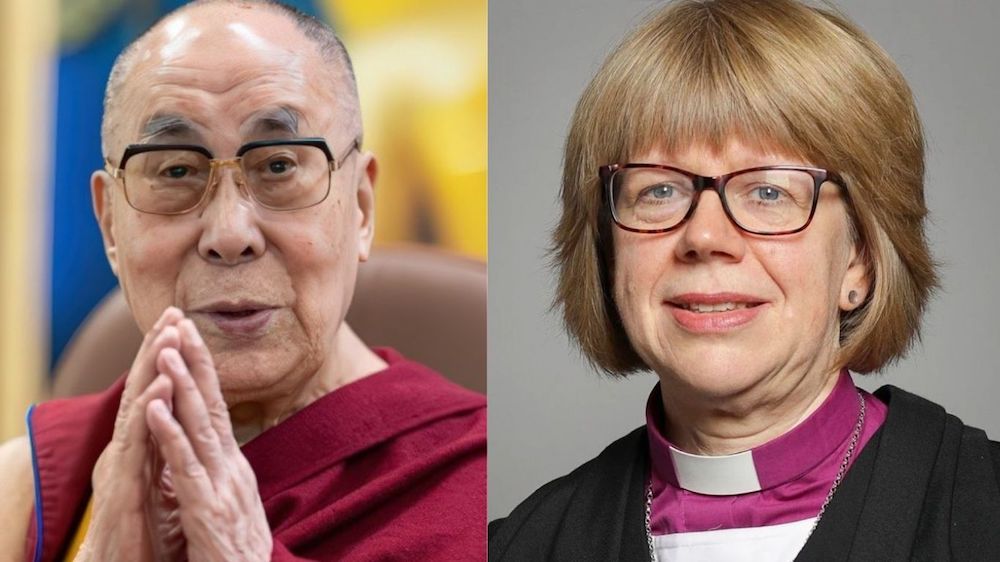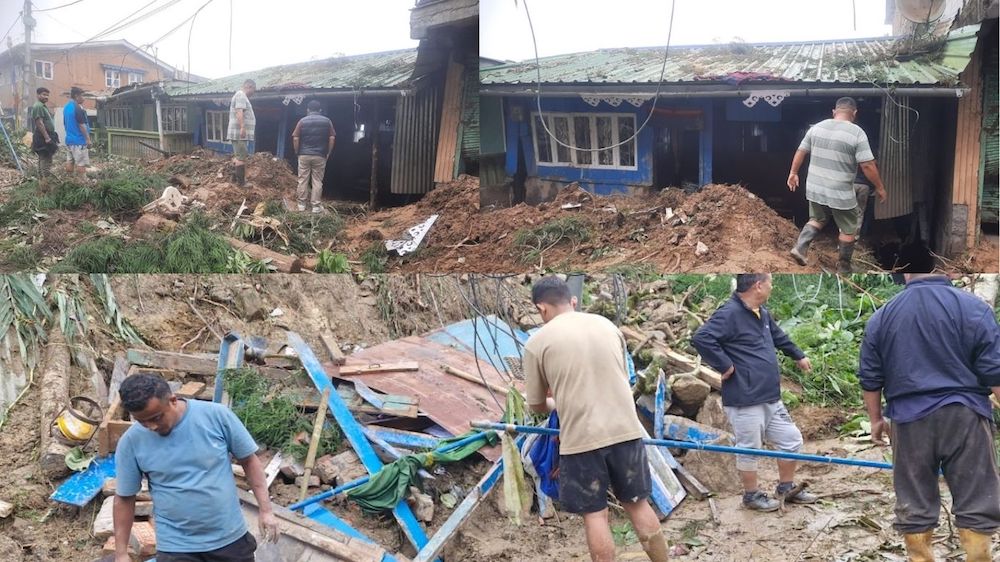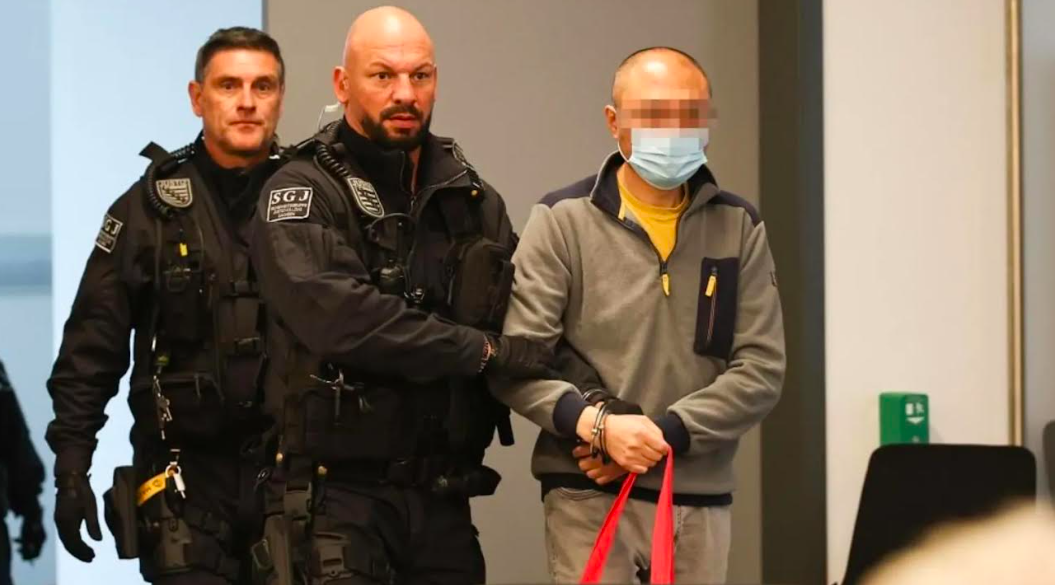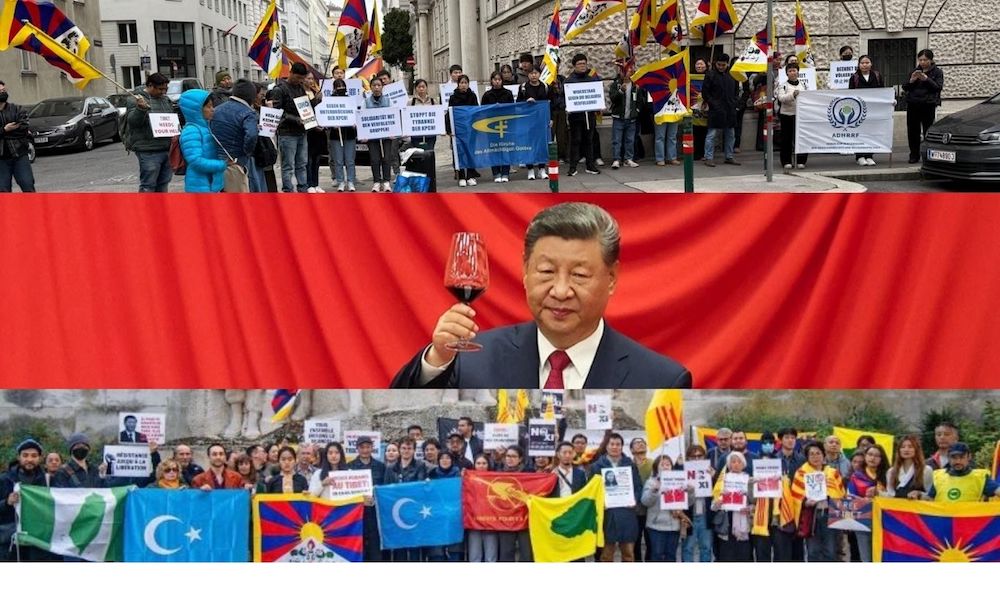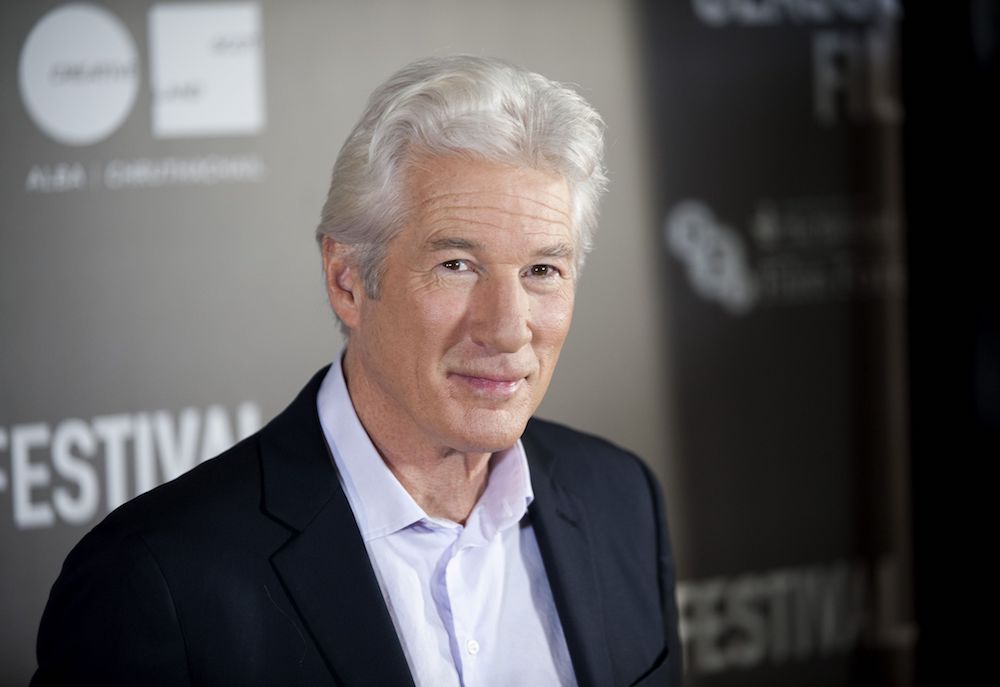 DHARAMSHALA, September 3: Tibetans in the Indian capital New Delhi stormed the Chinese embassy yesterday to protest the arrival of China’s Defence Minister Liang Guanglie and Yang Jinshan, commander of the Tibet military district.
DHARAMSHALA, September 3: Tibetans in the Indian capital New Delhi stormed the Chinese embassy yesterday to protest the arrival of China’s Defence Minister Liang Guanglie and Yang Jinshan, commander of the Tibet military district.
The protesters carried charts reading ‘51 Self-immolated: Tibetans are dying for Freedom’ and raised slogans for Tibet’s independence.
General Liang Guanglie is the first Chinese defence minister to visit India in seven years and is expected to hold bilateral talks with his Indian counterpart AK Antony at a time when the Himalayas is seeing a build up of infrastructure and weapons on both sides.
One of the organisers of the protest said that Sino-India talks will “never be complete without an immediate resolution to the Tibetan issue.”
“China’s illegal occupation of Tibet continues to jeopardize India’s border security, as well as other national issues including water security,” said Thupten, President of the Regional Tibetan Youth Congress, Dharamshala. “Liang Guanglie’s visit to India comes at a time when Tibet is experiencing one of the most brutal crackdowns where till date we have seen 51 cases of self-immolation. We condemn this visit and ask India to stand up.”
According to media reports, three protesters were detained and taken to a nearby police station
 Dorjee Tseten, National Director of Students for a Free Tibet India, called on India to join like-minded governments to immediately establish “strong, public, multilateral mechanisms to hold Beijing accountable for its atrocities in Tibet.”
Dorjee Tseten, National Director of Students for a Free Tibet India, called on India to join like-minded governments to immediately establish “strong, public, multilateral mechanisms to hold Beijing accountable for its atrocities in Tibet.”
“The global community cannot stand by while China commits atrocities in Tibet,” Tseten said. “We’ve planned series of actions to unwelcome the visit of Liang Guanglie.”
With as many as seven self-immolations in the month of August alone, 51 Tibetans in Tibet have set themselves on fire inside Tibet since 2009 demanding freedom and the return of the Dalai Lama from exile.
The elected head of the Tibetan people, Kalon Tripa Dr Lobsang Sangay has called the self-immolations “political action” and blamed China’s failed policies in Tibet – founded on “political oppression, social marginalisation, cultural assimilation and environmental destruction” – as root causes of the protests.
“To understand these acts, it is crucial to know that within China, there is no room for freedom of speech and conventional forms of protest. A participant in a simple demonstration runs a high risk of arrest, torture and even death,” Dr Sangay had said.
On September 5, Tibet groups all over the world will be taking part in a ‘Global Day of Action’ to urge their respective Foreign Ministries to take joint action for Tibet during the upcoming United Nations Human Rights Council and General Assembly meetings in September.





